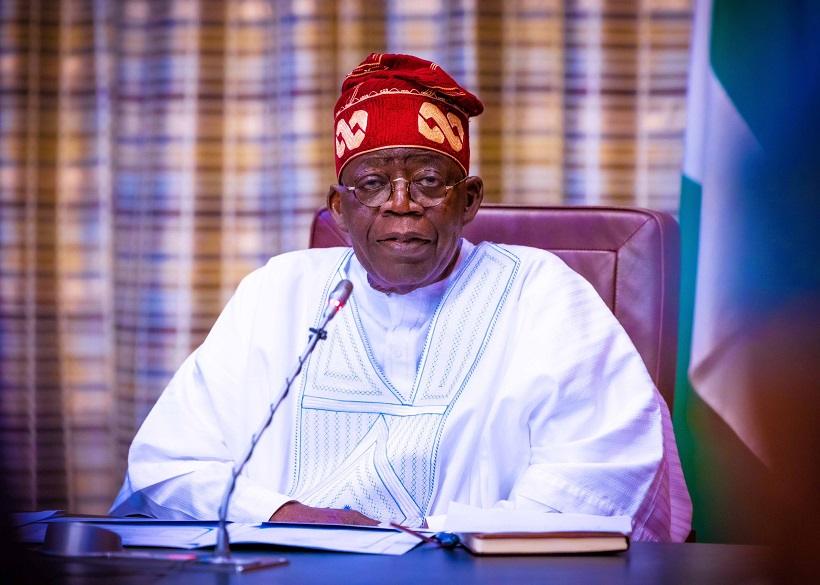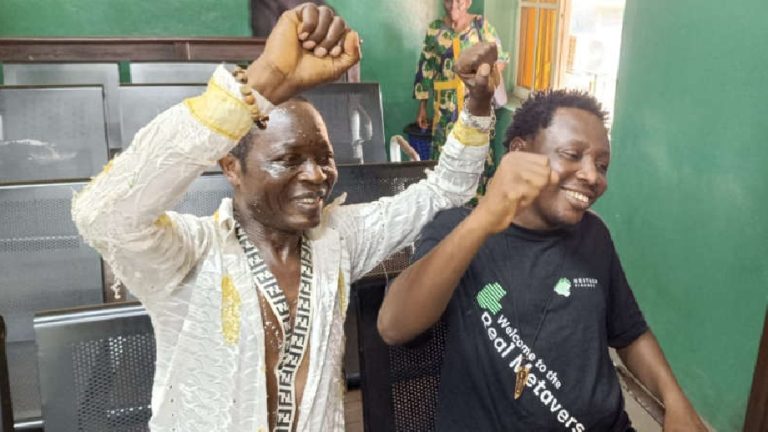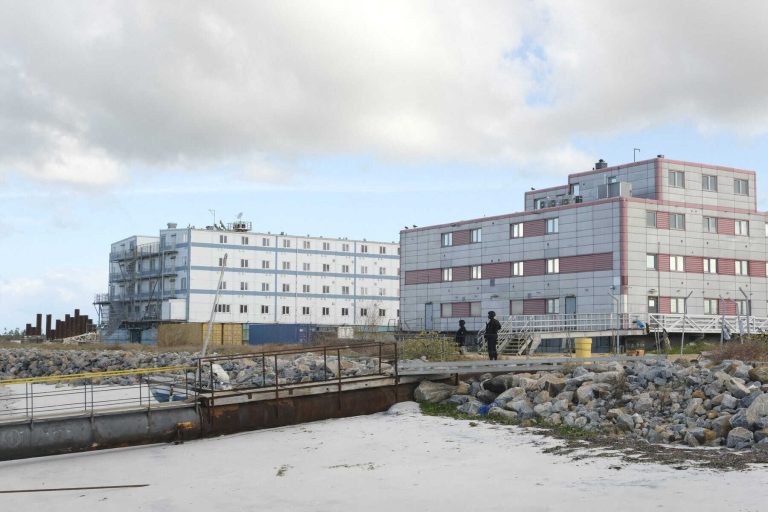
President Bola Ahmed Tinubu has urged Nigeria’s judiciary to safeguard its dignity and eradicate all forms of misconduct, warning that justice must never be compromised.
Speaking on Monday at the 2025 Conference of All Nigerian Judges of Superior Courts of Record, the President emphasized that corruption remains one of the greatest threats to the nation’s stability.
Tinubu stressed that while corruption weakens any arm of government, corruption within the judiciary destroys the country “at its core.” According to him, once justice is tainted, governance loses credibility and democracy loses its very foundation.
“No amount of reform can succeed if integrity is compromised,” the President declared. “Justice must never be for sale. The bench must never become a sanctuary for compromise. When justice is compromised, governance loses its integrity, and democracy loses its foundation.”
‘United by Purpose’
Tinubu reaffirmed that the executive, legislature, and judiciary must remain united in purpose, even though their responsibilities differ. He noted that the judiciary operates within a broader democratic system where cooperation, respect, and shared responsibility to the Nigerian people are essential.
He maintained that the administration is committed to building a justice system that is strong, efficient, and anchored on integrity—an indispensable element for Nigeria’s democratic survival and national prosperity.
“In this spirit, we have resolved to provide institutional and material support to ensure our courts function with dignity, confidence, and efficiency,” he said. “Support must be tangible, not ceremonial.”
The President added that Nigerian courts must no longer be places where cases drag on for years. Instead, they should become models of efficiency where disputes are resolved promptly and where citizens leave with restored confidence in the rule of law.
‘Technology Is Now a Necessity’
Tinubu reiterated that modernizing judicial infrastructure remains a top priority for his administration, stressing that technology is essential—not optional. He highlighted digitisation, integrated case management, and secure digital facilities as major focus areas.
“A transparent, digital judiciary will not only enhance efficiency but also strengthen accountability and public trust,” he said. “We must ensure that no court is left behind in this transformation.”
Judges’ Welfare
The President also emphasized that the real strength of the judiciary lies in its people—the judges who interpret and give life to the law. He described judicial welfare, continuous training, and independence as essential pillars, not privileges.
“Our judges are the living custodians of justice,” Tinubu said. “Their welfare, training, and independence are imperatives. We will continue to support the Nigerian Judicial Institute as a central hub of learning. The law evolves daily, and so must those who interpret it.”
He underscored the need to empower judges to interpret the law in modern contexts and to shape it in alignment with constitutional values.



